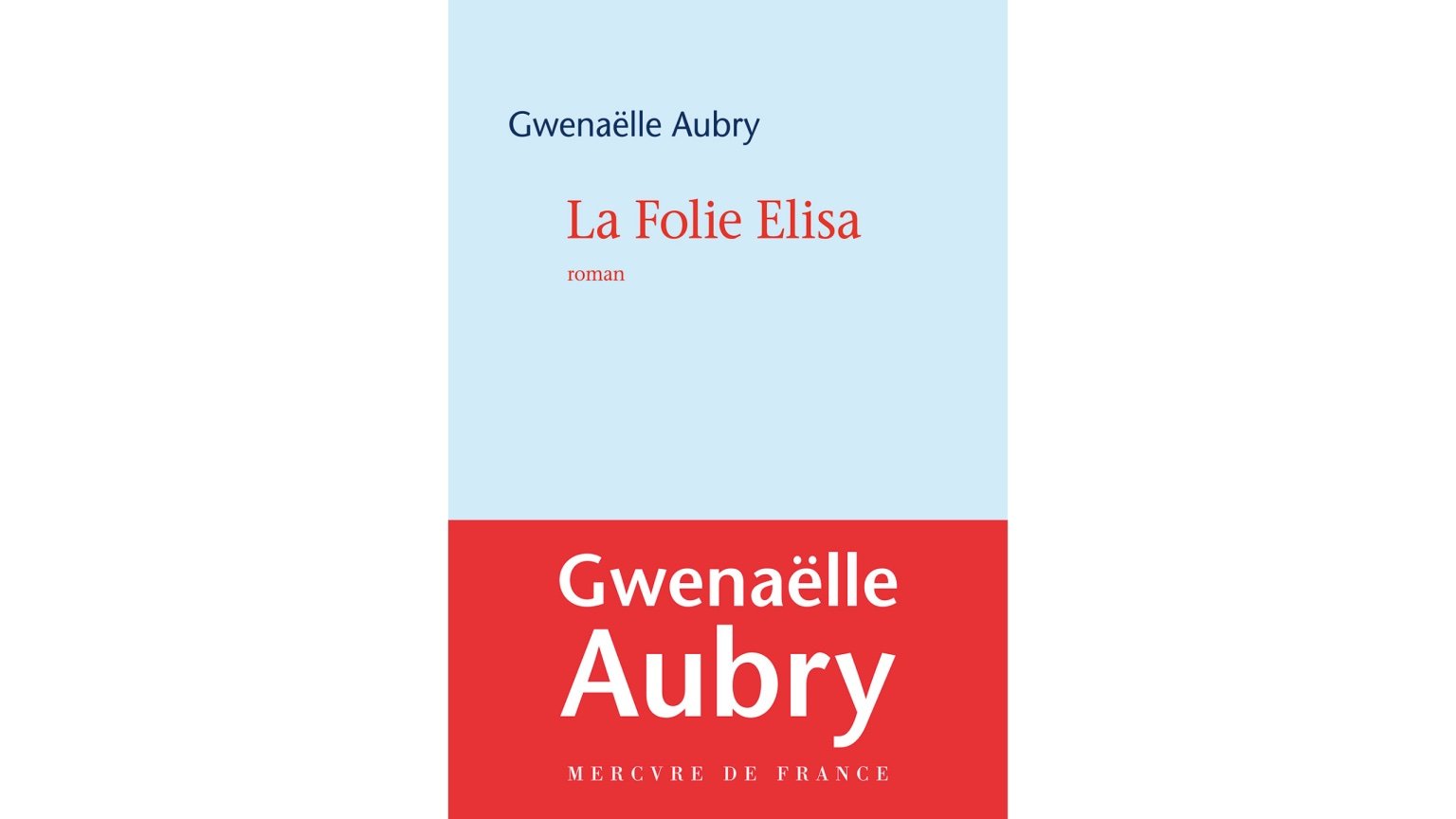60 for 60: Elsa Minor
Elsa has a problem: she is invisible to everyone. Published by Columbia Journal in 1999, “Elsa Minor” investigates the relationship among mental health, human faith, and absurdism.
60 for 60: World Champion
Tech gadgets, outdoor-grilling gear, and novelty mugs are the gifts that we might expect a son to bestow upon his father. Not so in “World Champion,” a short story by the Israeli writer Etgar Keret, translated from Hebrew by Miriam Schlesinger and originally published in Columbia Journal’s forty-fourth issue. In this tale, a son honors his father’s 50th birthday with both a “gold-plated navel cleaner” and violent revenge.
2022 Columbia Journal Spring Contest
The Columbia Journal is delighted to announce that the 2022 Spring Contest is now officially open for submissions in fiction, nonfiction, poetry, and translation. Our judges this year are Garielle Lutz (fiction), Colleen Kinder (nonfiction), Natasha Rao (poetry), and Aaron Coleman (translation).
Easier
This is how it happened.
You or I got off the bus and met on the street. We held hands until I let yours drop because the sidewalks were crowded or my palm was sweaty or I wanted to hurt you. You tried to take it back, but I adjusted the strap of my bag or combed a loose piece of hair or dug in a pocket.
Excerpt from Chapter 1 “The Journey” from The Murders of Moisés Ville
We make our way through the corners of the grand old building that houses the Buenos Aires Jewish Museum, following the guide—an elegant woman with a friendly smile—and looking at passing displays with old prayer books decorated in mother-of-pearl and gold leaf, a letter from Albert Einstein to the Argentine Jewish community, and even a table set with plastic food and electric candles in imitation of the Shabbat ceremony.
60 for 60: Pulls
Garielle Lutz once called the sentence a lonely place. For Lutz, that lonely sentence is a site of beauty and complexity. She writes conventional stories with musical sentences.
Hanya Yanagihara’s To Paradise: An Epic Novel For All Queer Times
In his 2015 review published in The Atlantic, Garth Greenwell heralded Hanya Yanagihara’s previous novel, A Little Life, as potentially “the great gay novel,” praising its perceptiveness in depicting the gay male experience in America and positing that the book was “the most ambitious chronicle of the social and emotional lives of gay men to have emerged for many years.” To some extent, Yanagihara’s latest novel, To Paradise, might be considered an even greater gay novel. Not only is it queer in its foregrounding of gay protagonists and socio-political themes of discrimination, non-traditional relationships, the AIDS epidemic, and racial and class-conscious intersectionality, but also in its upending of literary forms and transgressive world-building. Yanagihara excels at blending the recognizable with the inventive and also at times the absurd to tell tales of unconventional love, desire, and longing. Like its predecessor, To Paradise deserves a place on the mantel of esteemed genre-bending queer fiction, alongside Renee Gladman’s The Event Factory, Samuel R. Delany’s Dhalgren, and other novels engaged in radical world-building.
All Redheads Think They’re Evil
Almost immediately, Emma noticed the girl in the transparent pink dress standing next to the champagne tower, her red bra completely visible underneath frothy frills and folds. Emma snuck one glance as her boyfriend, Leonard, helped her out of her coat, then another as they hugged their hosts, Shelly and Adrienne. The e-vites had required cocktail attire, and glancing around the apartment, everyone else had taken this to mean black. With her copper-red curls piled high on her head, the girl by the tower looked like the Strawberry Shortcake dolls Emma played with as a child, utterly out of place.
Review: White on White
Ayşegül Savaş’s novel White on White, published December 7th of this week, functions like a Russian doll. Throughout the story, an unnamed narrator cracks open one doll after the next for us, revealing evermore intricate renderings of her subject of observation, until we get to some—possibly crystallized—core.
60 for 60: A Sense of Things
In Tiphanie Yanique’s story, “A Sense of Things,” which appeared in Columbia Journal in 2013, love is always already lost. Set in 1950, the story alternatingly inhabits the consciousnesses of Jacob and Anette, two lovers from the island of St. Thomas who are temporarily apart. Jacob is abroad in the US studying to be a pediatrician. Unlike Penelope, that other lonely and loving island dweller of literature, Anette quietly abandons Jacob for Franky, a firefighter with whom she is not in love, but who at least is in the same country. Anette and Franky appear in a movie together; Jacob sees the poster and books a flight home. Thus, the catalyst of this love-triangle story is a reproduced screen-image, an object in circulation: a stand-in for the way partnership itself is circulated among Yanique’s characters.—
Excerpt, pp. 27–43, from Dust Collectors by Lucie Faulerová, Translated from Czech by Alex Zucker
I’m an operator on a private information line that’s past its sell-by date. I inform people. About everything. If there’s something you don’t know, don’t hesitate, just ring me up. I can tell you absolutely anything. As long as it’s in our database or on the internet. So if you want to save some money, just look it up yourself. I can tell you how many teeth a squirrel has, what time your bus is coming, the current exchange rate for the US dollar, which highways are congested right now, how much Justin Bieber weighs, the closest branch of your bank, the number for the post office, or what time it is in Arunachal Pradesh. I’m your instant, obligatory answer. All day long I do nothing but listen to what people want, what they’re looking for, what they need. The world poses questions, I answer. A job as essential as Anna’s existence, my narrator thinks. In the age of the internet and maximum access to information, I play the part of the know-it-all. The online savior of the illiterate. I can tell you anything, and if I don’t know, I will gladly put you through to somebody who does.
Gloves
The light shifts evening blue through the blinds, striping Daddy’s figure. For once, the TV is off. The one-eyed cat I had thrown into the river is in his lap and he pets it softly. I go over to them and crouch, the cat’s lips curled back. His gums are anemic, pale pink. His bulging, blind eye is crusted around the edges, like it’s the only thing holding it in place.
60 for 60: The Magician’s Assistant’s Dream
One of our Editors’ Fiction Award Winners in 1987 was none other than Ann Patchett, whose book of essays, These Precious Days, came out earlier this week. In our interview with Patchett about her new book, Patchett talks about how the unpredictable moments in life—for instance, a friend’s daughter’s desire for a typewriter and the opportune existence of Patchett’s husband’s spare one—are what often inspires her to write essays. It seems like this idea of surprise is key to how Patchett constructs her narratives and certainly in her short story “The Magician’s Assistant’s Dream” from our twelfth issue.
60 for 60: Children with Hangovers
“The nosy neighbor is not an urban figure,” insists author Fran Lebowitz in Public Speaking, the 2010 documentary about her life directed by Martin Scorsese. I recalled this riff as I read “Children with Hangovers,” a short story by Jonathan Lethem originally published in the fortieth issue of Columbia Journal (October 2004).
60 for 60: Autobiography of Red
In 1994, Columbia Journal published an early rendition of Anne Carson’s Autobiography of Red before the piece found its form as a novel-in-verse and was published four years later by Alfred A. Knopf with great praise. This story provides an invaluable window into Carson’s process. As a writer and a fairly indecisive one at that, I’m fascinated by where stories begin—as little specks in a writer’s mind to be swept together and arranged into coherence on the page—and where stories end up, often a distance away from their starting points.
“Party 1-8” from Sexual Equilibrium of Money by MID [Mita Dimitrijević]
One can and dare do with moncy (+) what one dare not, cannot do sexually (-). With goods, the "thing-in-itself" (+), the seen and unseen, one can evaluate a relationship; a calculation (-) by itself is not the end
With Our Slingshots (Read Slowly Please) from small red women
We were from here, but also from elsewhere. We are the lost children and the dead women. God does not exist—we are proof of that—and down here we always wear a smile.
The Woman Rains
The rains come in the afternoon when the clouds clot like blood, flowing against one another, thunderheads swelling over the town in the heart of the forest. Men, jockeyed by adrenaline, yank out barrels to collect what is coming, cover sharp corners with blankets, drag mattresses over rocks and jagged edges and concrete. A shudder passes through their rugged bodies, a frenzied burst of voltage; they are used to the droughts, twelve months stretching, a muscle before it snaps, but they are slick with sweat today, running tongues over flaky lips. Always watching the sky, pacing in front of trucks or porches or front doors, places into which they can duck.
From La Folie Elisa
Second floor, at the other end of the hall, second door to the left past the stairs. A small attic room with white- and yellow-striped wall paper. On the floor, rust-colored wall-to-wall carpeting; in a corner, a chair with the hole in its woven seat covered by a dark yellow cushion; a school desk; on a cherry wood dresser, a mirror and a candle holder. Behind metal blinds, the transom looks out on the big linden tree at the entrance to the garden, reminding me to have it pruned before the sap rises. Sarah is sitting cross-legged on the bed, dressed in jean shorts and a black tank top that reveals her tattoos.
60 for 60: A Letter from Space
How would you end the sentence “2021 was the year of . . .”? Depending on the lens with which you want to retrospectively view the last ten months, you can talk about the state of the planet’s climate, domestic and international politics, the Summer Olympics, or Korean TV shows. Of the many superlatives we can ascribe to this year, the one that I find most intriguing: the year of commercial space travel.















![“Party 1-8” from Sexual Equilibrium of Money by MID [Mita Dimitrijević]](https://images.squarespace-cdn.com/content/v1/64078b07fc55bb62f3100e4e/e516e69e-672d-4096-bfc4-c03fc5266235/MID-Sexual-Equilibrium-of-Money-2.png.webp.jpeg)

































